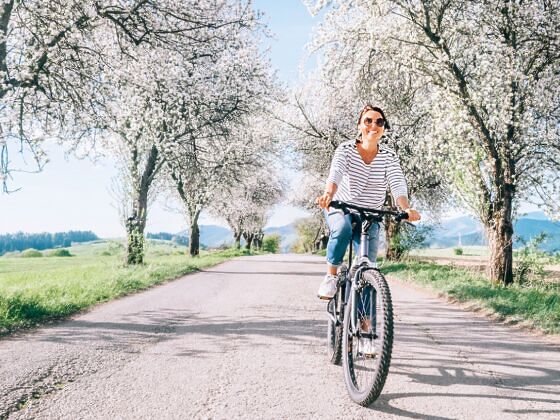Two years ago, I flew into Seattle and rented a studio apartment, bringing nothing with me beyond a small roller bag, a small duffel, and my standard daypack. To some travelers, even this small amount of belongings may seem excessive, and if you were backpacking through Southeast Asia, I would tend to agree — but for a long-term move, this was a huge step for me in the direction of becoming a minimalist. Six months later, when my contract was up, I left town by train hauling the same bags without any added luggage. Any clothes that had been damaged were replaced. Completed books were swapped for unread ones. There were no major additional possessions after six months of domestic life.


This shift in lifestyle translated to a change in the way I traveled — ditching the excess luggage in favor of the bare essentials. In doing so, I’ve found that minimalism allows for a more efficient and enjoyable experience on the road. The more you let go of the baggage (both figuratively and literally) the more you realize how unimportant and cumbersome it is to carry it with you, and the more you’ll make room for fulfilling experiences. So if you can forgo the neck pillow, unpractical shoes, and endless technology, here are just a few reasons why a minimalist lifestyle makes one a better traveler.
1. It’s cheaper.
This manifests in a variety of ways, from only having one carry-on bag on your flight to not risking it being lost by the airlines and paying for replacement clothes. Not to the mention the savings of simply not buying the luggage and filling it with extravagant items in the first place.
2. It saves you energy.
If you’re a solo traveler, you know all too well the pain of having to haul all your bags into the lavatory when nature calls. Cutting down on your possessions means less to worry about losing, and less attention to spread out (e.g. concerned about leaving a camera in a hotel room or watching your bags in the bar). There’s just less to carry, both physically and mentally.
3. You have more chances to be a spontaneous traveler.
Have you ever had a last-minute offer to do something crazy in another country but had your possessions hold you back? Obviously, you may not want to go out on a small boat if you’re carrying a laptop or jump on a motorbike with 40 kg on your shoulders. My parents turned down visiting Ueno Park during cherry blossom season in Japan because they couldn’t find an empty locker for their bags, whereas I have no doubt they would have gone had they been unencumbered.
4. Your essential needs are met.
This is the essence of minimalism, and it has even more meaning when you’re traveling with all your belongings. When a minimalist packs for a few months abroad, she’s not going to be panicked over forgetting something because, frankly, there isn’t that much she needs. If you need some clothes and aren’t concerned with being fashionable every day, you can get away with one set for wearing, another for washing.
5. You can focus on the experience, not souvenirs.
Rolf Potts dove deep on the topic of bringing home mementos in his latest book Souvenir, highlighting the intrinsic value of bringing home a piece of your trip. Keeping mementos of your travels is a tradition dating back thousands of years. As much as we might like to believe we’ve culturally evolved from the Ancient Greeks, buying a scale model of the Parthenon today isn’t so different from the knick-knacks sold in the old days.
If you’re a frequent traveler, it doesn’t take long before even just one small souvenir from each destination equates to a lot of clutter in your bag or at home. Not only that, but taking the time to find the kind of token you prefer can be a somewhat arduous task when you have a limited time abroad — every place on earth makes shot glasses and miniature models of attractions, but what if you only buy souvenirs with bunnies on them? Though finding and purchasing (haggling over) a souvenir can be an experience in and of itself, for some travelers, it can ultimately be a burden.